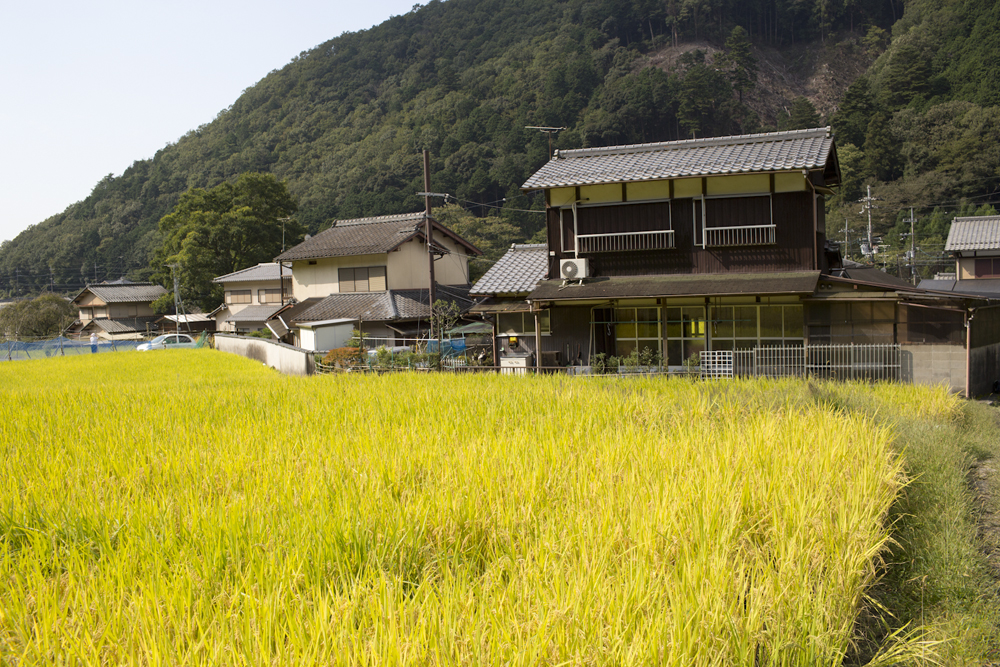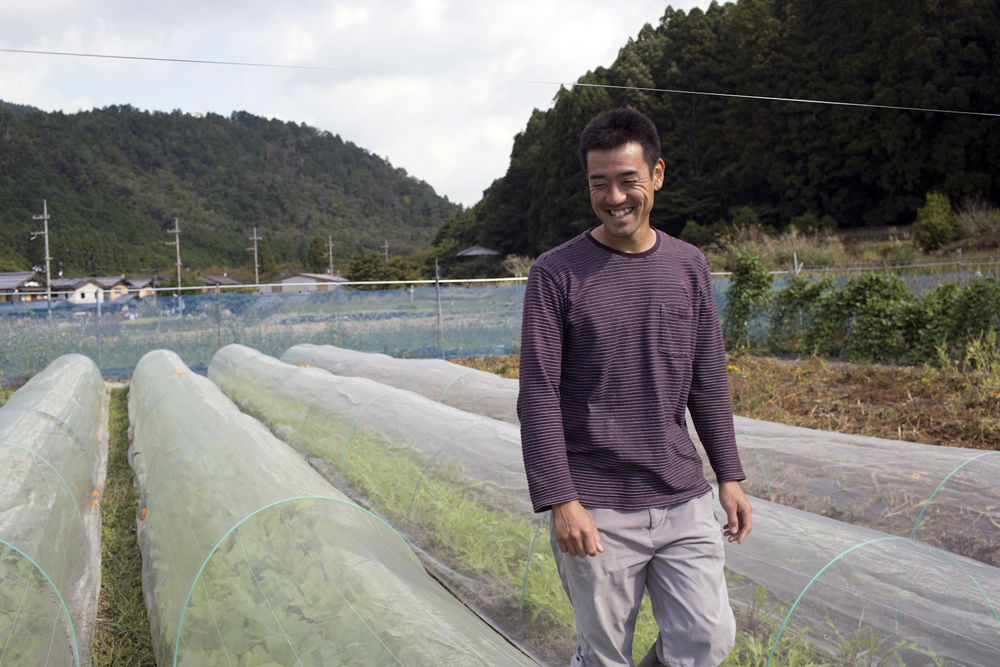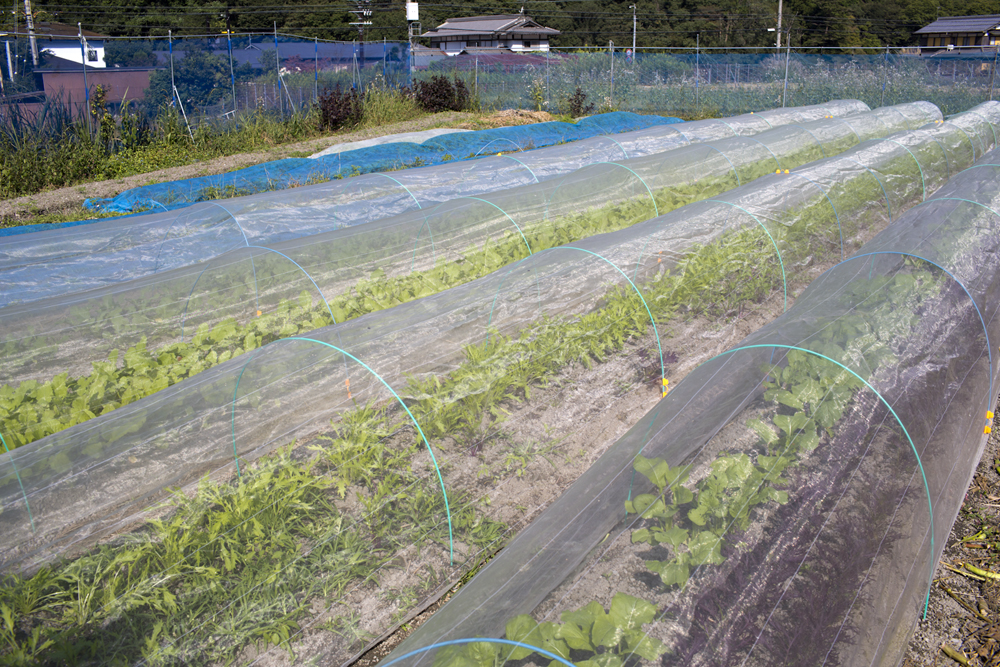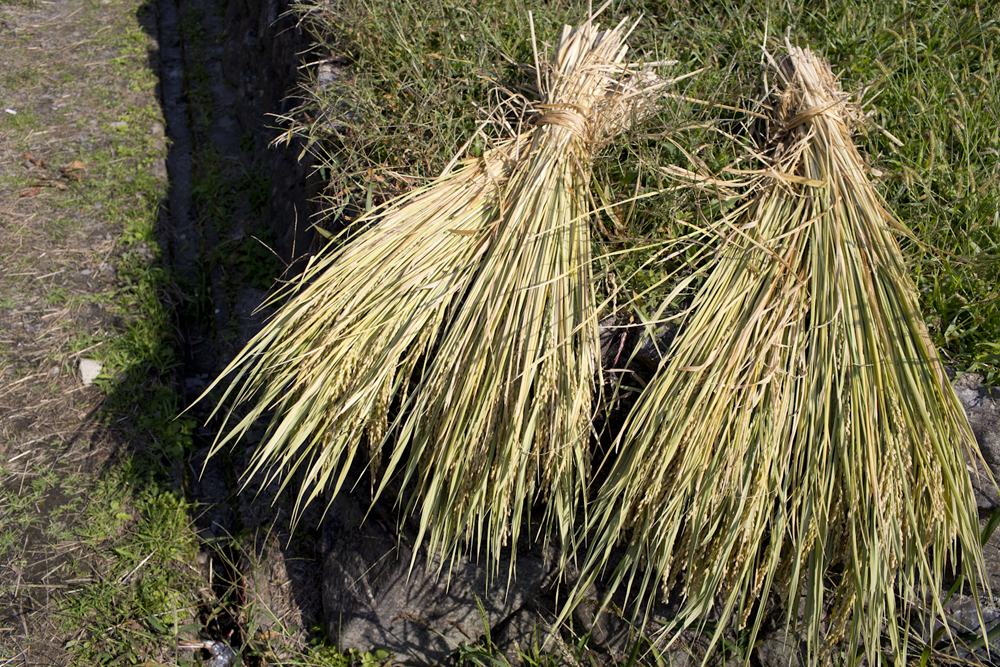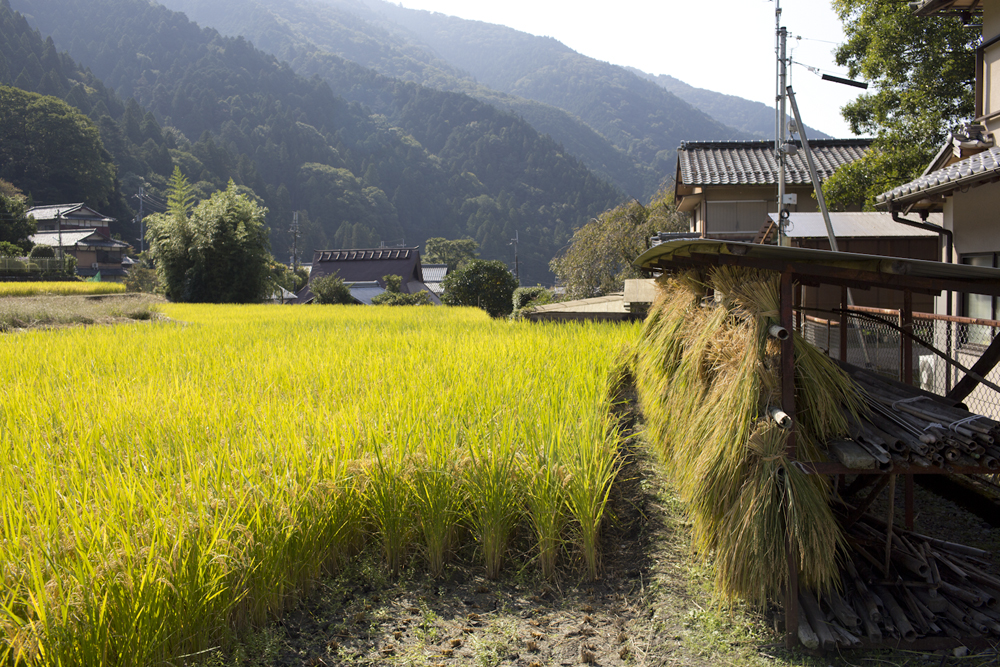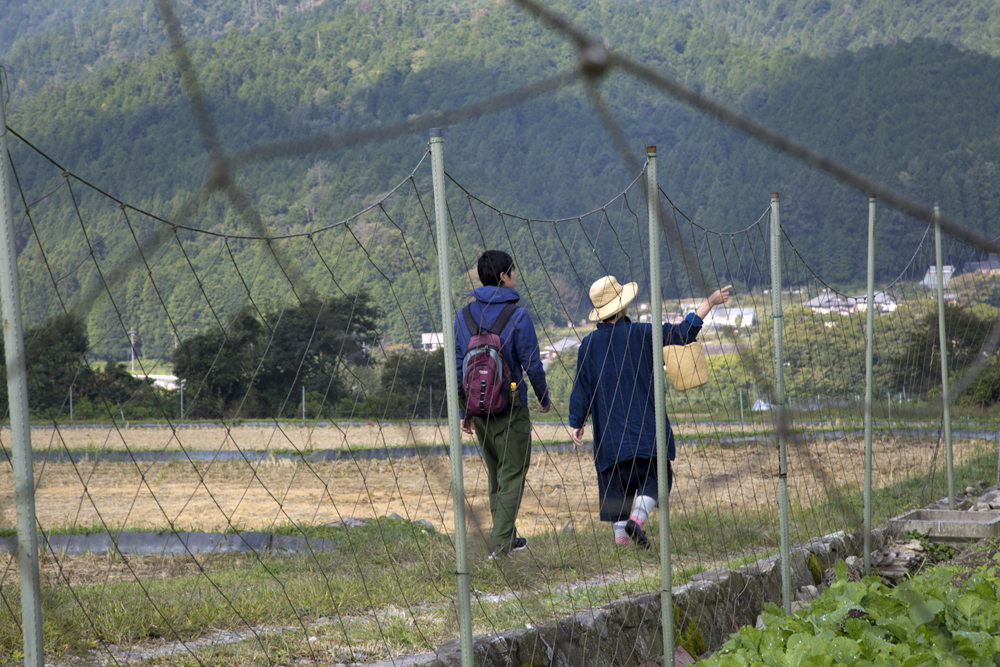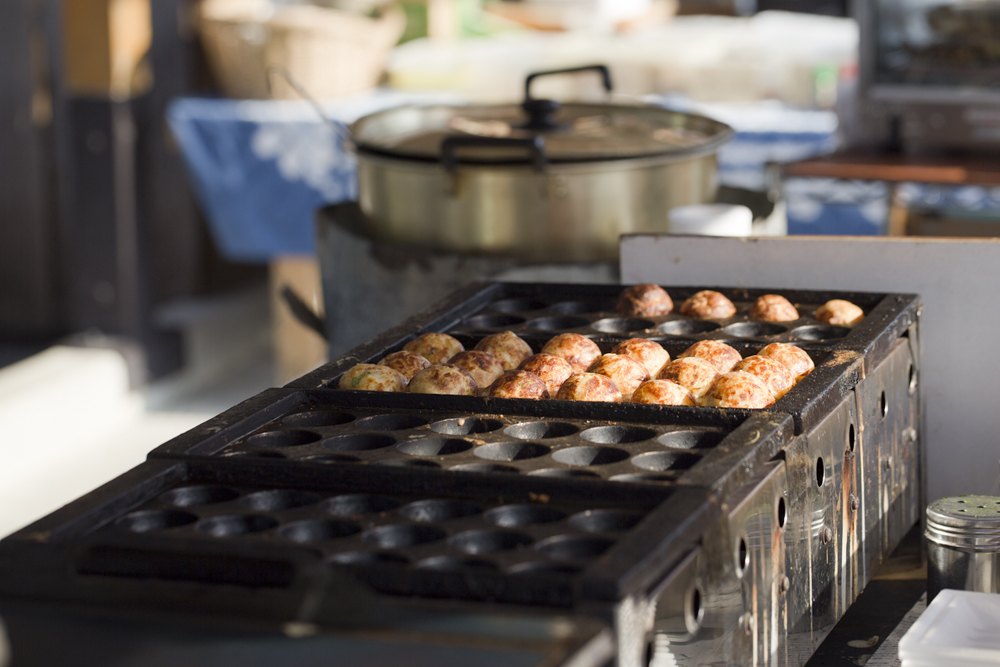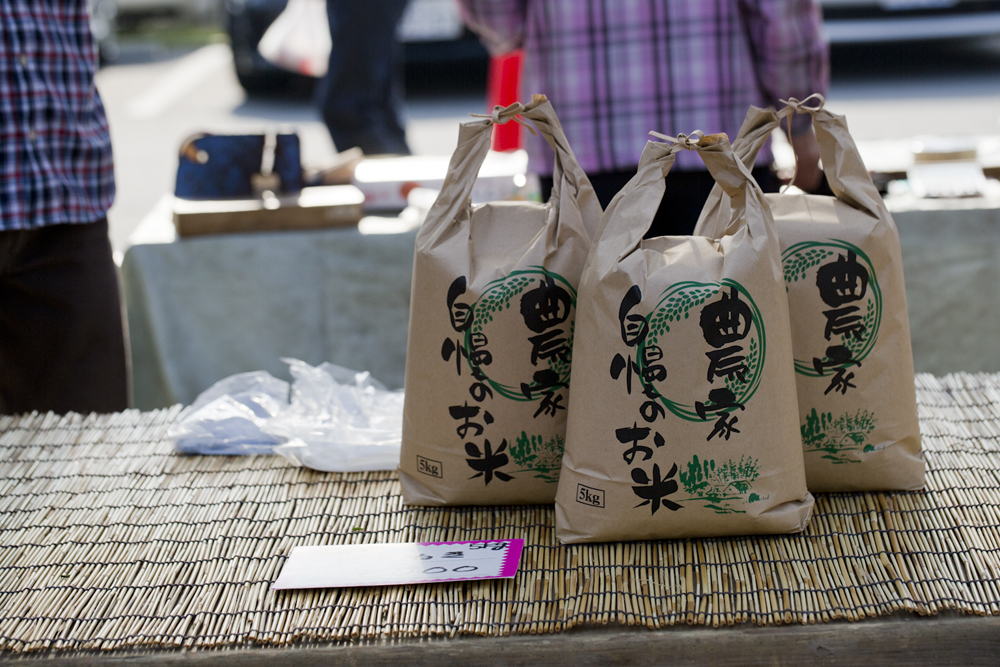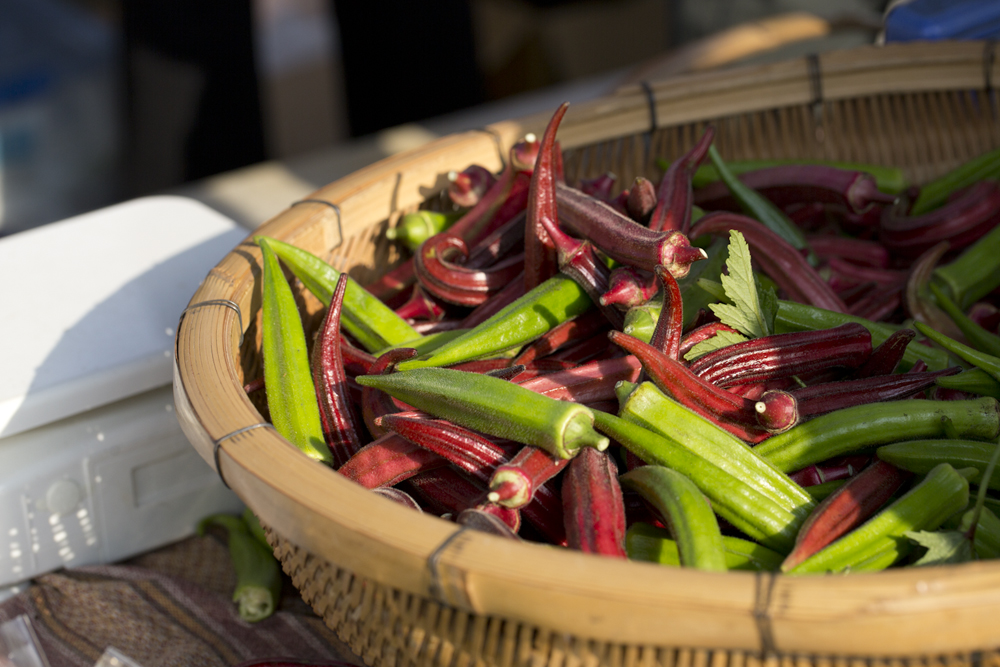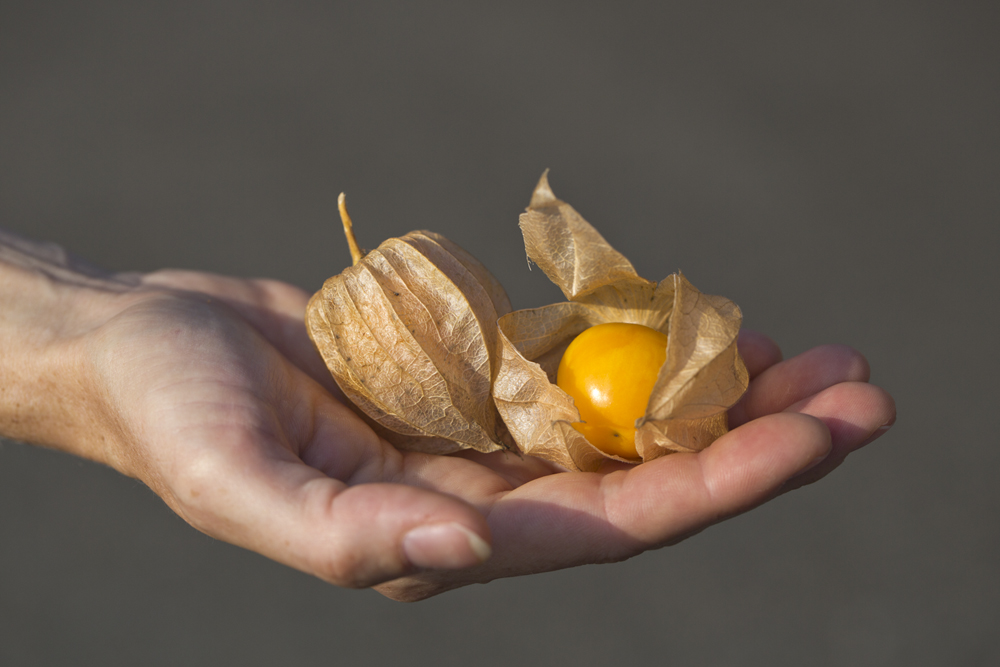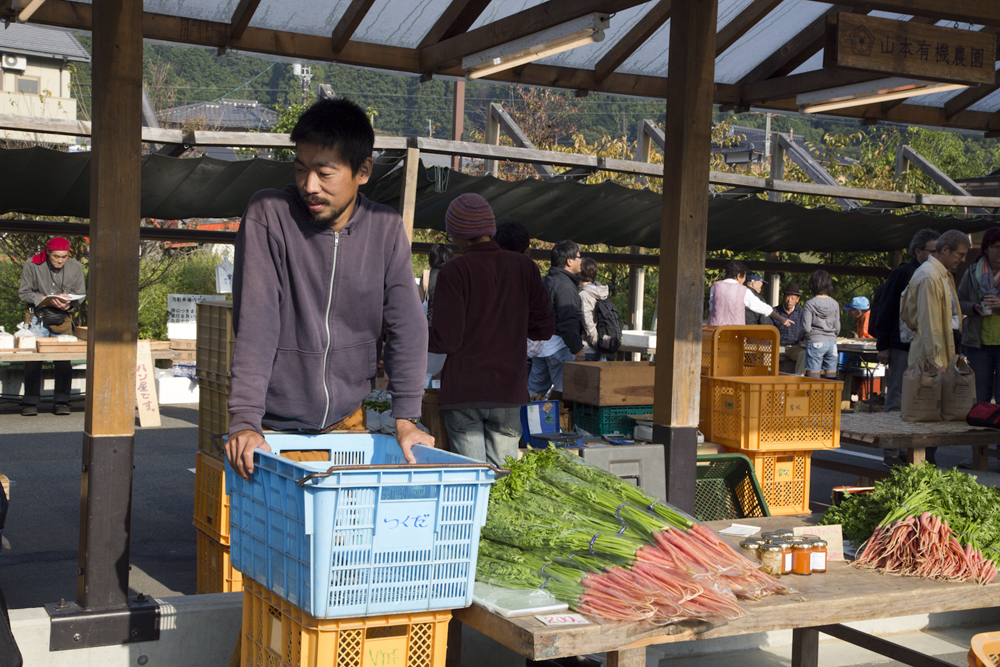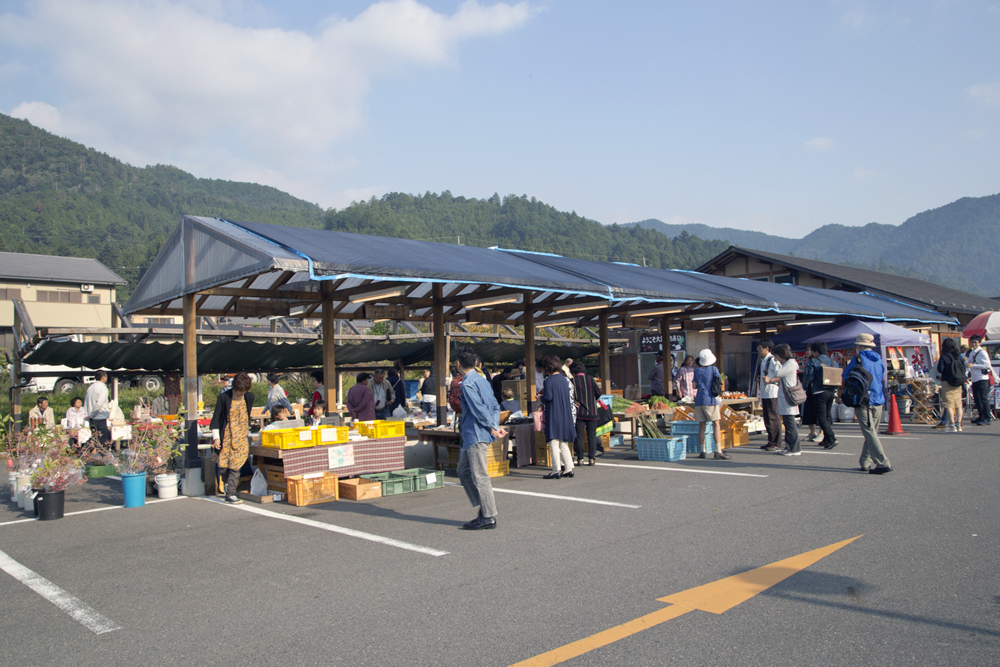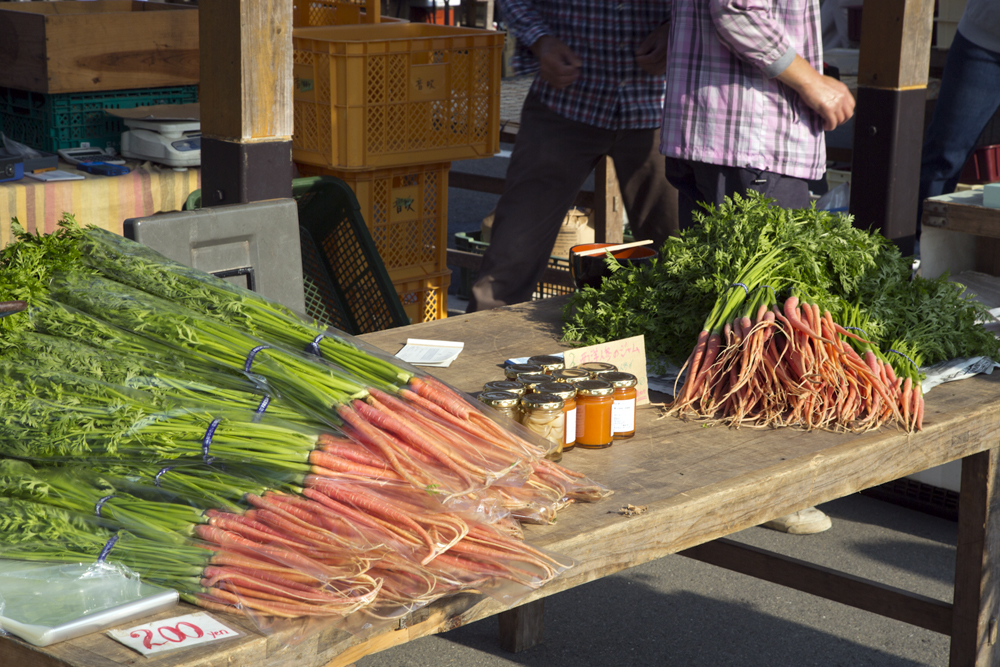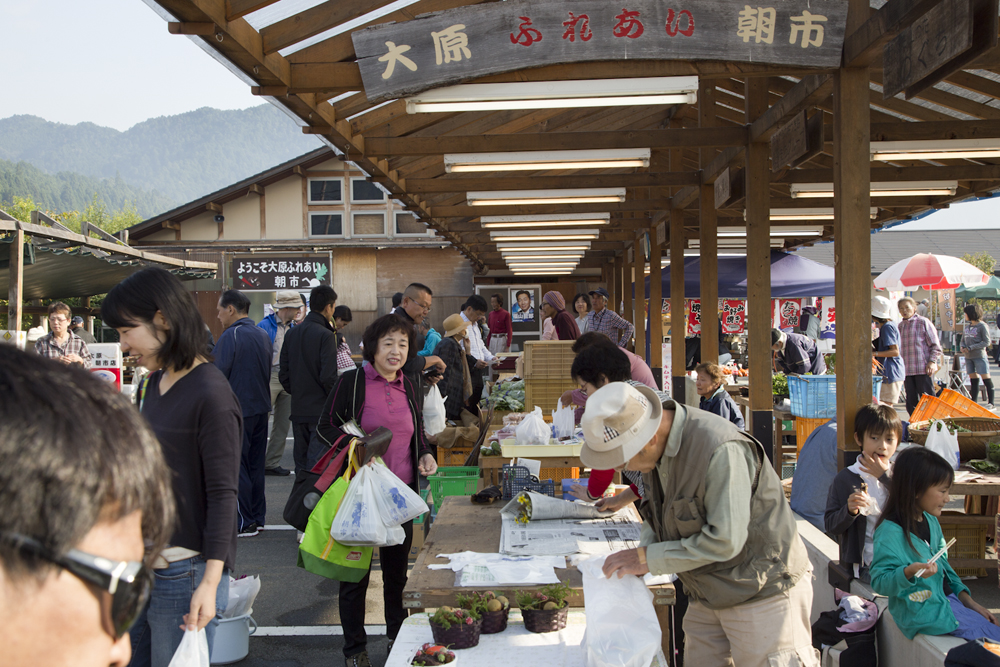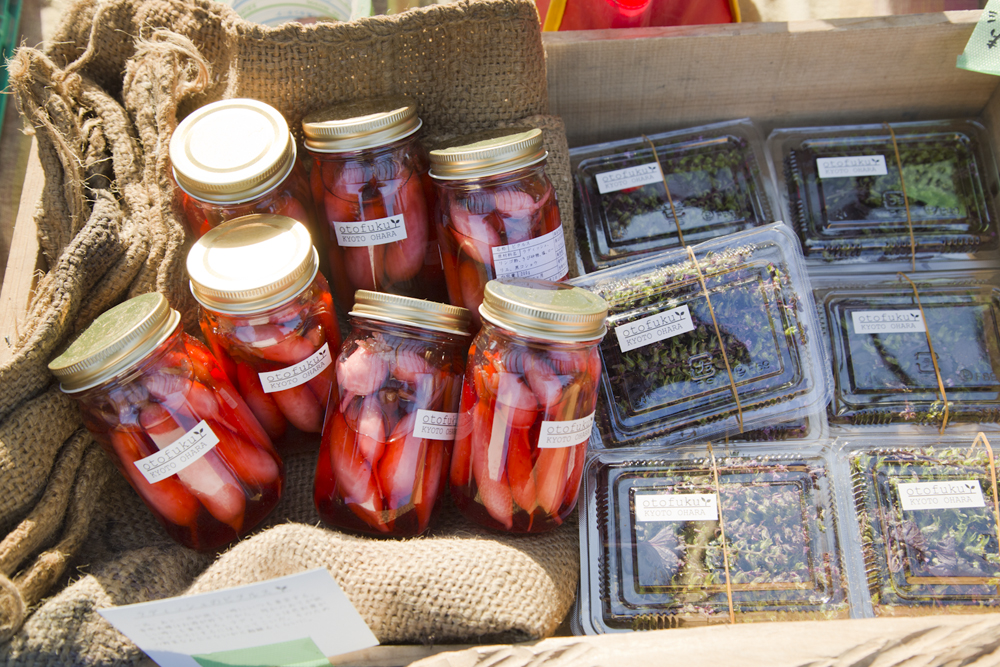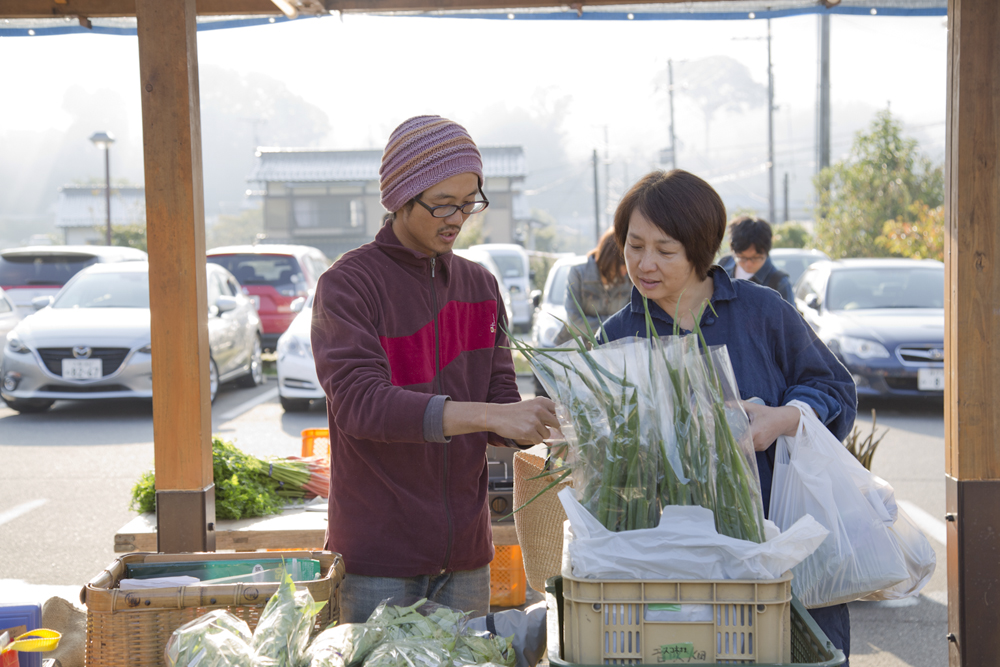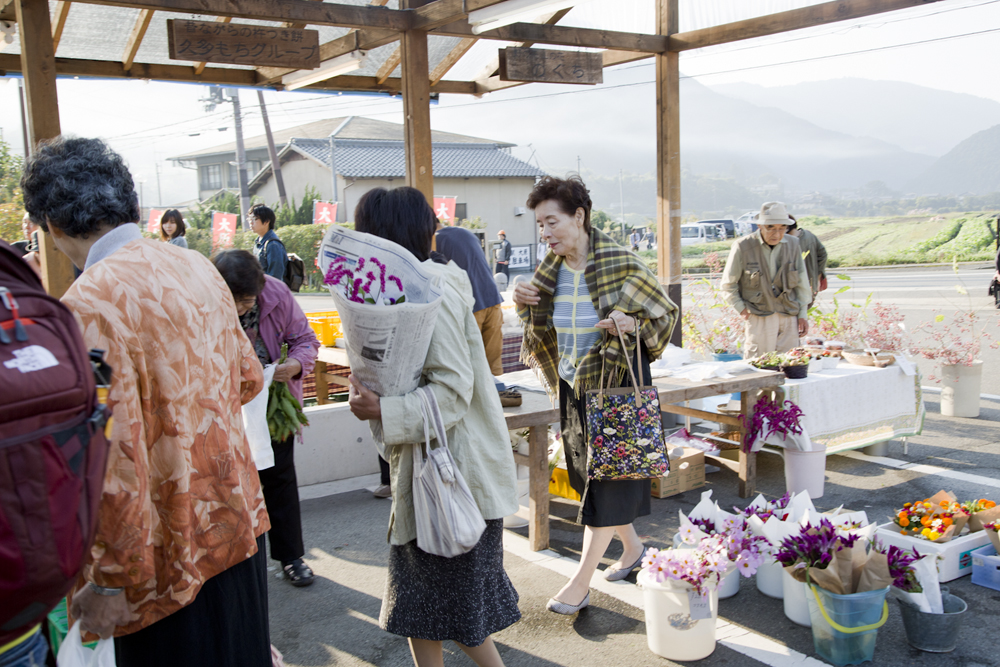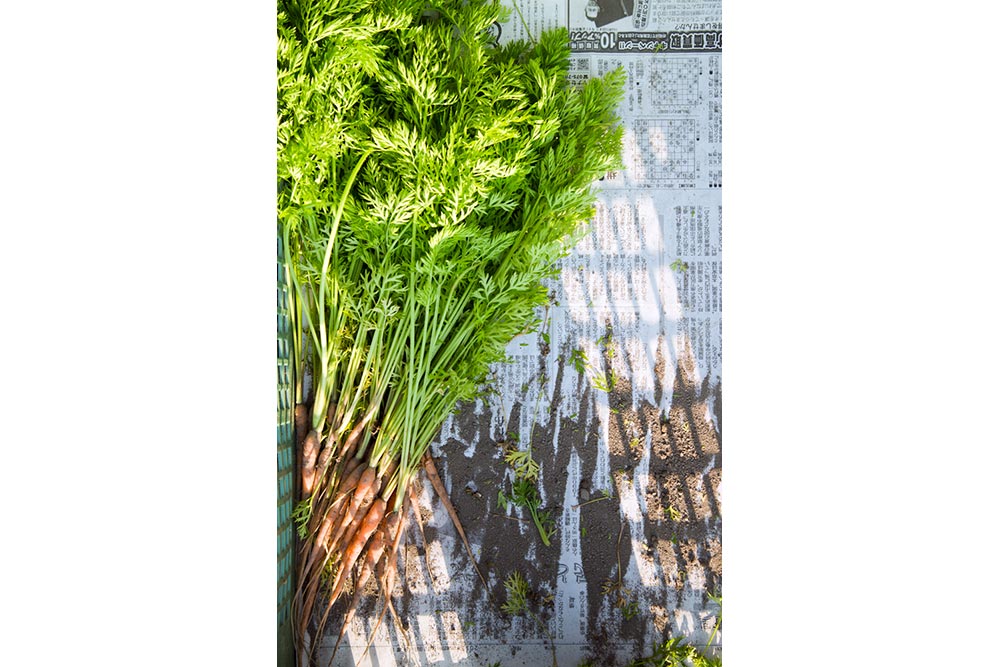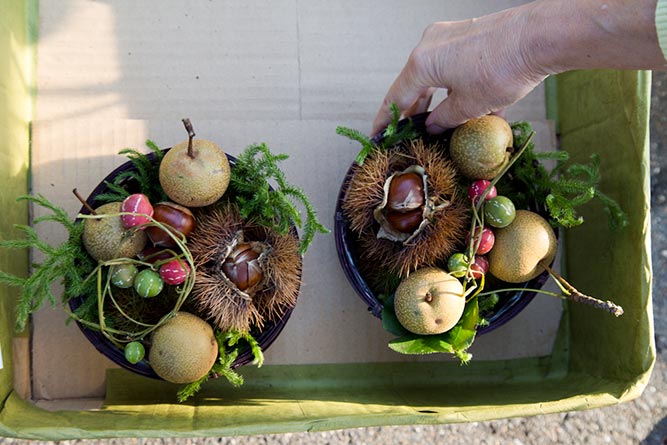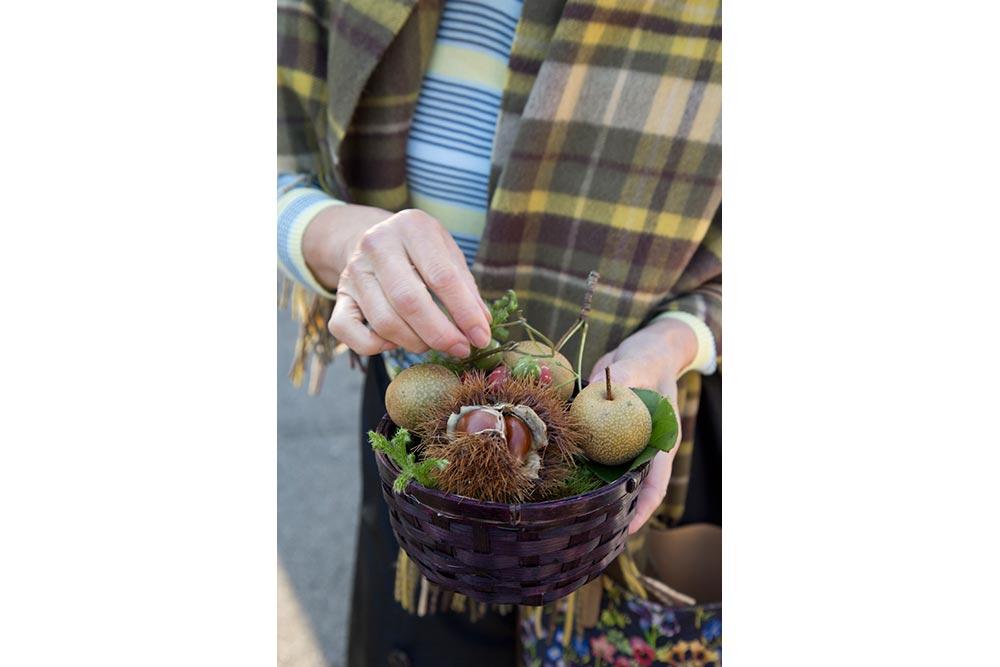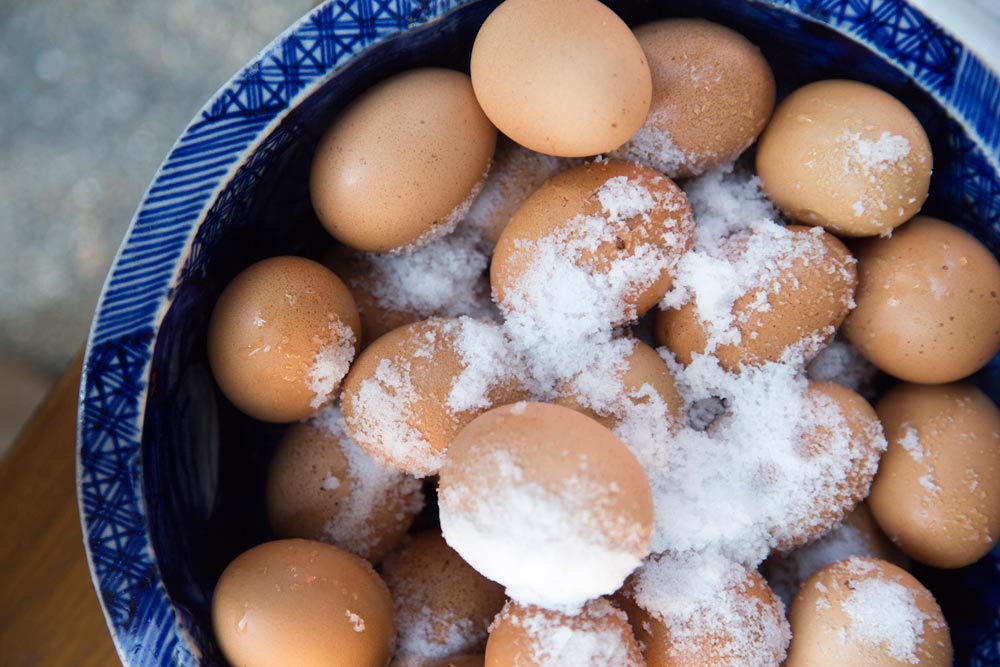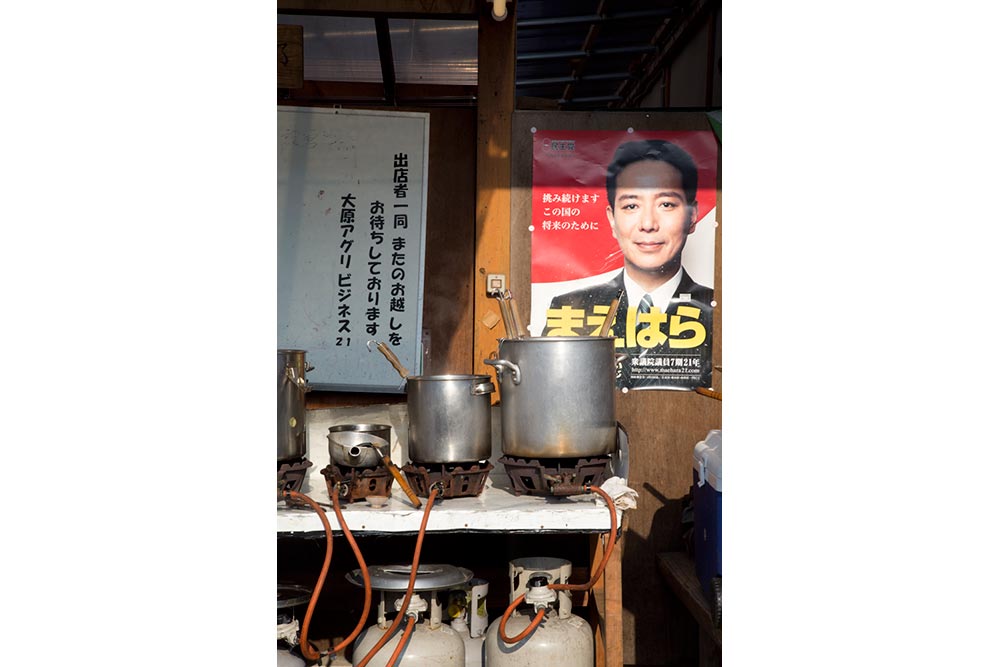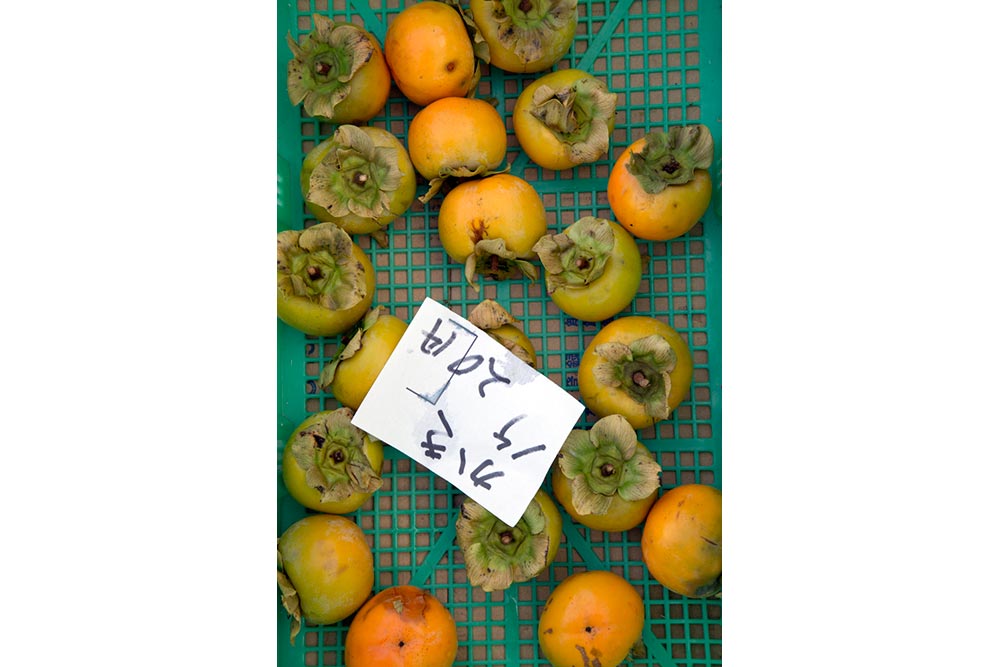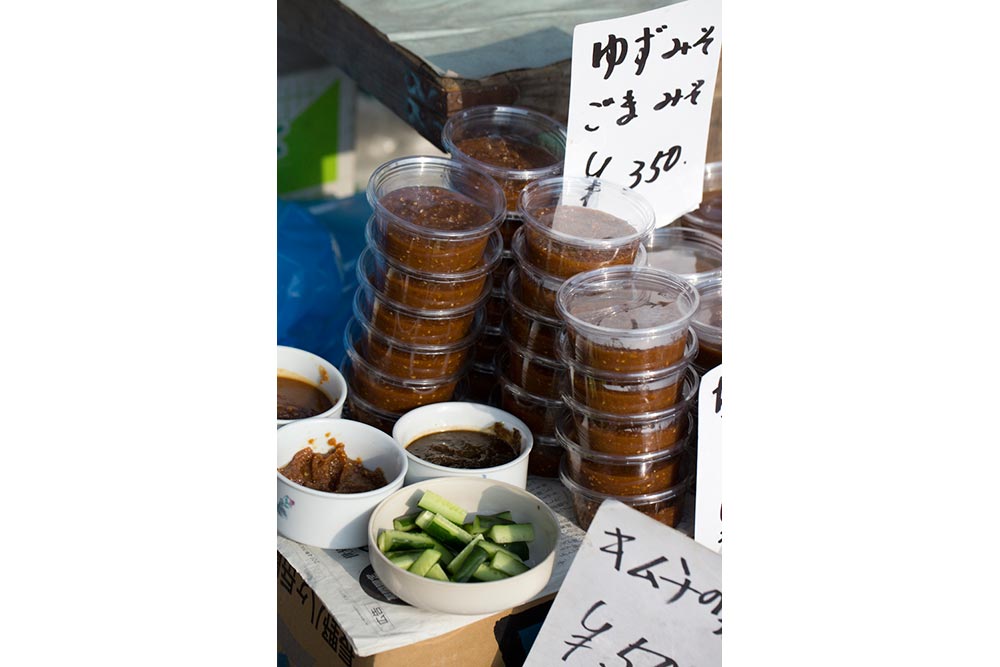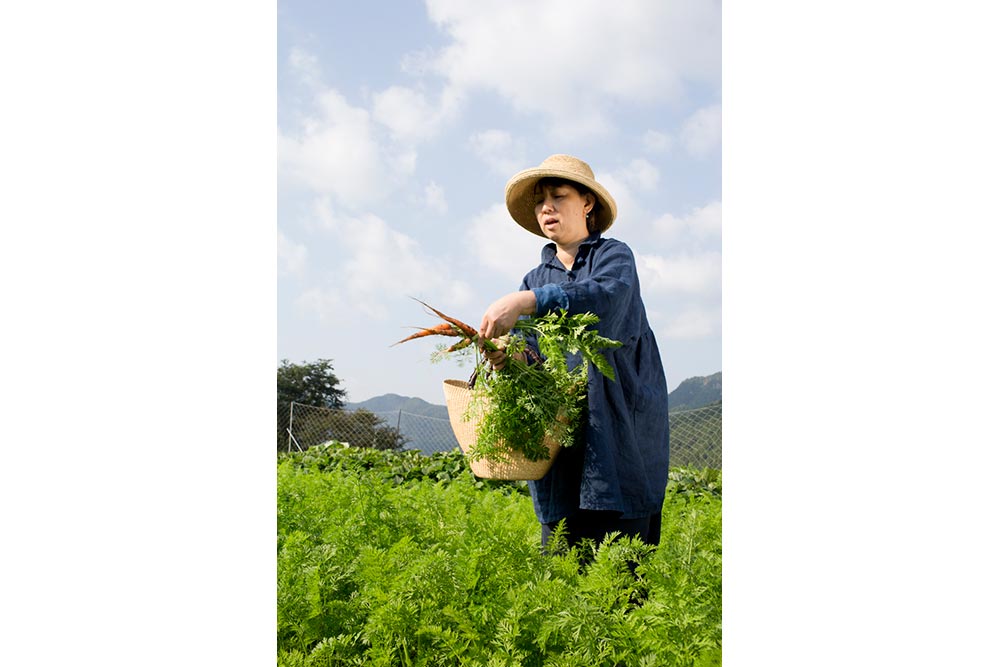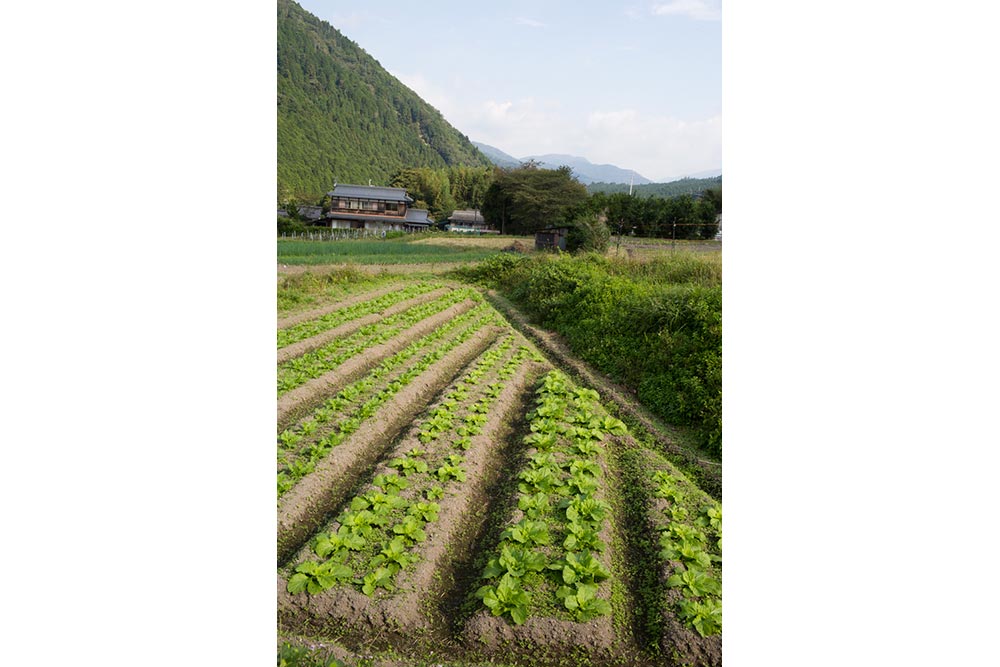Ohara Farmers Market – The Organic Hub of Kyoto
POSTED UNDER
- Farmers Market ,
- Japan ,
- Kyoto
In my travels to Kyoto, I had the opportunity to spend some time with the small inner circle of people working to raise awareness of sustainable farming practices in Japan. I visited the town of Ohara with Izaki san, the owner of a cafe and store called Schop and Hoe in Kyoto. She introduced me to young farmers who had been given their plots of land by the local University as part of their studies in organic farming practices. They have organized themselves, and are selling on a very small scale, luring curious Kyoto residents out of the city very early on Saturday mornings, to the foggy mountains for fresh, pesticide free vegetables.
Japan has a lot of work to do to when it comes to meaningful support of its small farmers and organic growers. As of now, the government doesn’t officially support small farmers. In order to get assistance, farmers must join the Japanese Agricultural Cooperative system (NOKYO), and in turn, they receive subsidized materials. But, there is no option for organic subsidies, and there is a small crop of persistent farmers who are turning away from the government’s free pesticides and antiquated farming practices, and trying to forge their own markets, direct to consumer, no longer reliant on the government to distribute their crop.
Another incredible challenge the farmers face in the mainstream market is the Japanese standard for aesthetics, even when it comes to produce. That means, there is absolutely no commercial market for a less than perfect peach, or one that is even smaller than the size of a baseball. At first glance, this makes the markets seem other-worldly, utterly perfect, but when you take a look behind the scenes, you can imagine what kind of an impact these standards would have on the farmers who are trying to grown organically.
So, the Ohara Farmers market, just 30 minutes outside of Kyoto, give locals an opportunity to support small farmers, to meet the people who grow their food, and for some, it is a beautiful excuse to take a scenic bike ride on a Saturday morning. This town has become a destination over the last 15 years, as young, ambitious farmers started growing vegetables nearby, establishing a hub for like-minded food conscience friends. It has been such a success, the city recently invested in a new facility to shade the farmers, and to create a space where vendors could fry up okonomiyaki and serve ramen to hungry shoppers.

